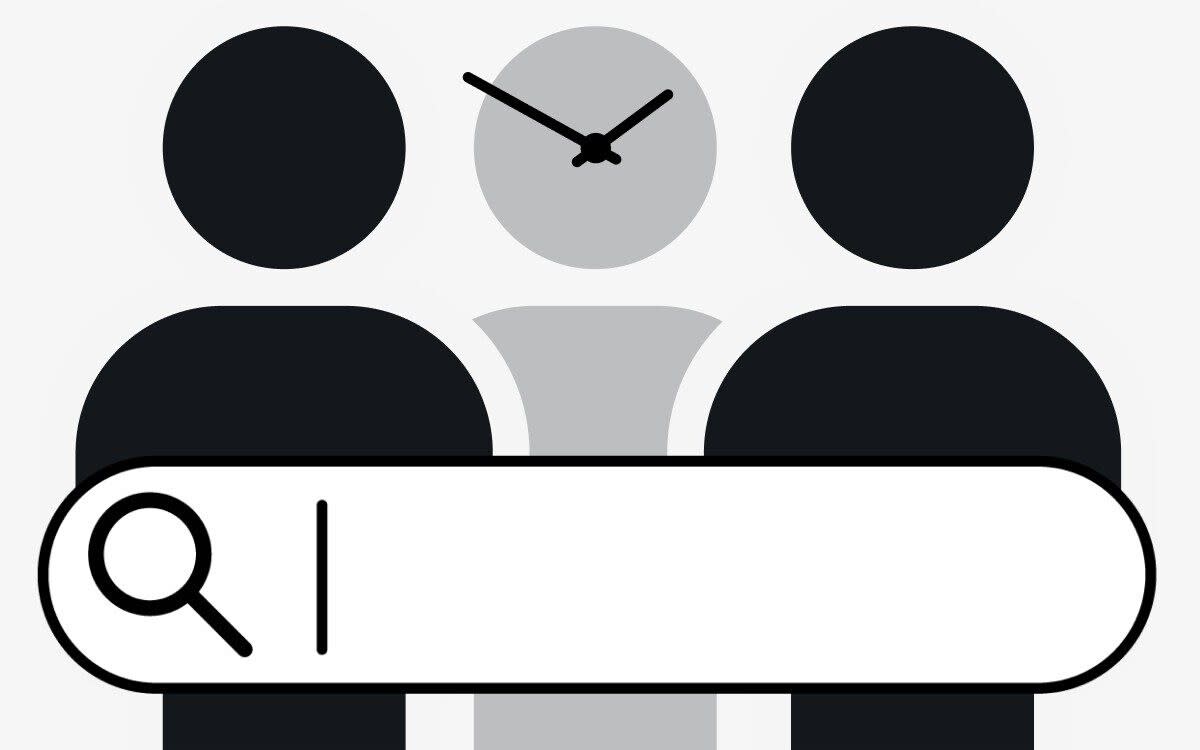How many healthy years do you have left? Use our tool to find out


By 2030, a baby girl born in the UK will have a life expectancy of 85.3 years and a baby boy, 82.5 years. These predictions, based on a study led by Imperial College London in collaboration with the World Health Organization, show a huge increase from the 46-year life expectancy of babies born in the early 1900s.
We are, as the statistics show, living longer lives. But how many of those years will we spend feeling well enough to enjoy life? A longer lifespan – the number of years we’re alive – doesn’t necessarily lead to longer ‘health span’, the number of years we live in good health.
We’re learning more and more about how the choices we make impact our health into our later years. It’s why longevity has become such a buzzword among health experts. Thanks to analysis from the Institute for Public Policy Research and The Telegraph, we now know that one of the lifestyle choices that makes a big difference is where you live in the UK. You can use our tool below to find out your healthy life expectancy according to your post code.
Our interactive map also allows you to see how healthy your county is compared to other parts of the UK. Those living in Blackpool have the shortest healthy life span, according to the figures. A man living in the town might expect to live to 76-years-old but just 54 years of those are predicted to be in good health. Meanwhile, in Cheshire East, just 50 miles away, a healthy life expectancy for men is more than a decade longer at 67 years – one of the highest in the country.
“Inequalities in life expectancy can be due to many things,” explains Dr Tom Oates, a consultant physician at the Royal London Hospital. “There are things you choose such as smoking, exercise and diet. Things that are out of your control, such as your sex or ethnicity, or whether you are socially excluded, homeless or have a learning disability.
“There are things that depend on where you live such as local health services and how you can access them, and then wider societal issues such as education, employment and housing,” he says, adding, “I expect that the least healthy areas basically follow the most deprived areas of England and Wales overall.”

But wherever you live, being more active will be beneficial. Research shows that exercise can increase your chance of living to healthy old age by reducing your risk of issues such as heart disease, cancer and Type 2 diabetes. An easy way to start is to note down your weekly routine and then look for places where you could add some more activity. Can you walk somewhere you usually drive to? Aim for three to five moderate cardiovascular activities each week.
Resistance training is advisable too, says NHS GP and personal trainer Dr Amos Ogunkoya. It will boost your bones as well as strengthening your muscles. “Frailty is amenable to change and with structured care, you can reverse it,” he says. “It doesn’t have to be an inevitable part of ageing; instead, we should view it as a challenge that we can overcome.” Lifting dumbbells, tins of baked beans or your own body weight on an exercise ball all increases muscle strength.
When it comes to what you’re eating, opt for whole, seasonal foods wherever possible. And wherever you live in the UK, take inspiration from the Mediterranean diet, by adding more fruit and vegetables, pulses, olive oil and wholegrains. Research has shown that people who stick to this diet, or a similar pattern of eating, extend their lives by an average of two to three years.

Recommended
The 14 vital things to look after as you age

